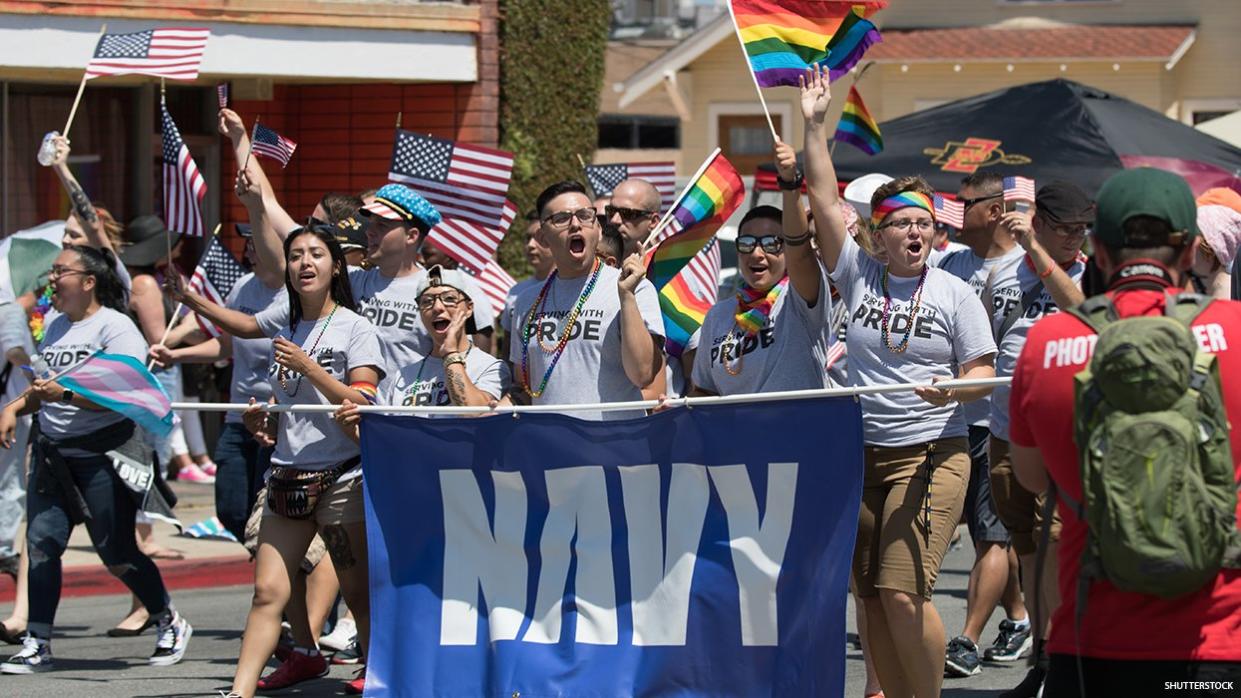Military Veterans Sue to Reclassify Sexuality-Based Discharge Records

Military veterans from the LGBTQ+ community have sued the Department of Defense for denying them honorable discharges and listing their sexual orientation on their service records.
Plaintiffs are seeking honorable discharges in a class action lawsuit filed Tuesday in the U.S. District Court for the Northern District of California, which would give them access to benefits such as healthcare services, academic tuition aid, and loan resources reserved for veterans who are in good standing when they leave the military, NBC News reports.
Moreover, the plaintiffs are requesting that their discharge documents be amended to remove references to their sexuality. They claim the government is violating their privacy by providing information about their sexuality in such documents.
Several plaintiffs were dismissed under the military’s “don’t ask, don’t tell” policy, which allowed gays and lesbians to serve if they remained closeted, their lawyers said.
LGBTQ+ veterans and their allies have asked the U.S. government to automatically modify the discharge status of ex-service members following the repeal of “don’t ask, don’t tell” under then President Barack Obama’s administration in 2011.
Despite an existing procedure by which veterans can request discharge status changes, Tuesday’s lawsuit contends it is onerous.
“The currently available discharge upgrade process is burdensome, opaque, expensive, and, for many veterans, virtually inaccessible,” according to the plaintiffs’ lawyers. “The process not only takes months or years but also requires veterans to prove that an error or injustice warrants updating their discharge papers to the very entity that caused the error or injustice, despite the Government’s own acknowledgment that DADT was discriminatory.”
The case declares that “the Government’s ongoing discrimination” against LGBTQ+ veterans will continue without DOD action.
“Because of the circumstances and language of my discharge, which served as a painful reminder of the trauma I experienced, I was never able to proudly say that I served my country,” said U.S. Army veteran Steven Egland, one of the plaintiffs.

